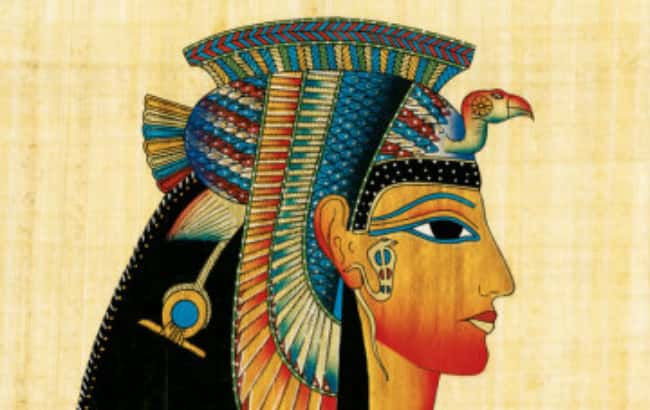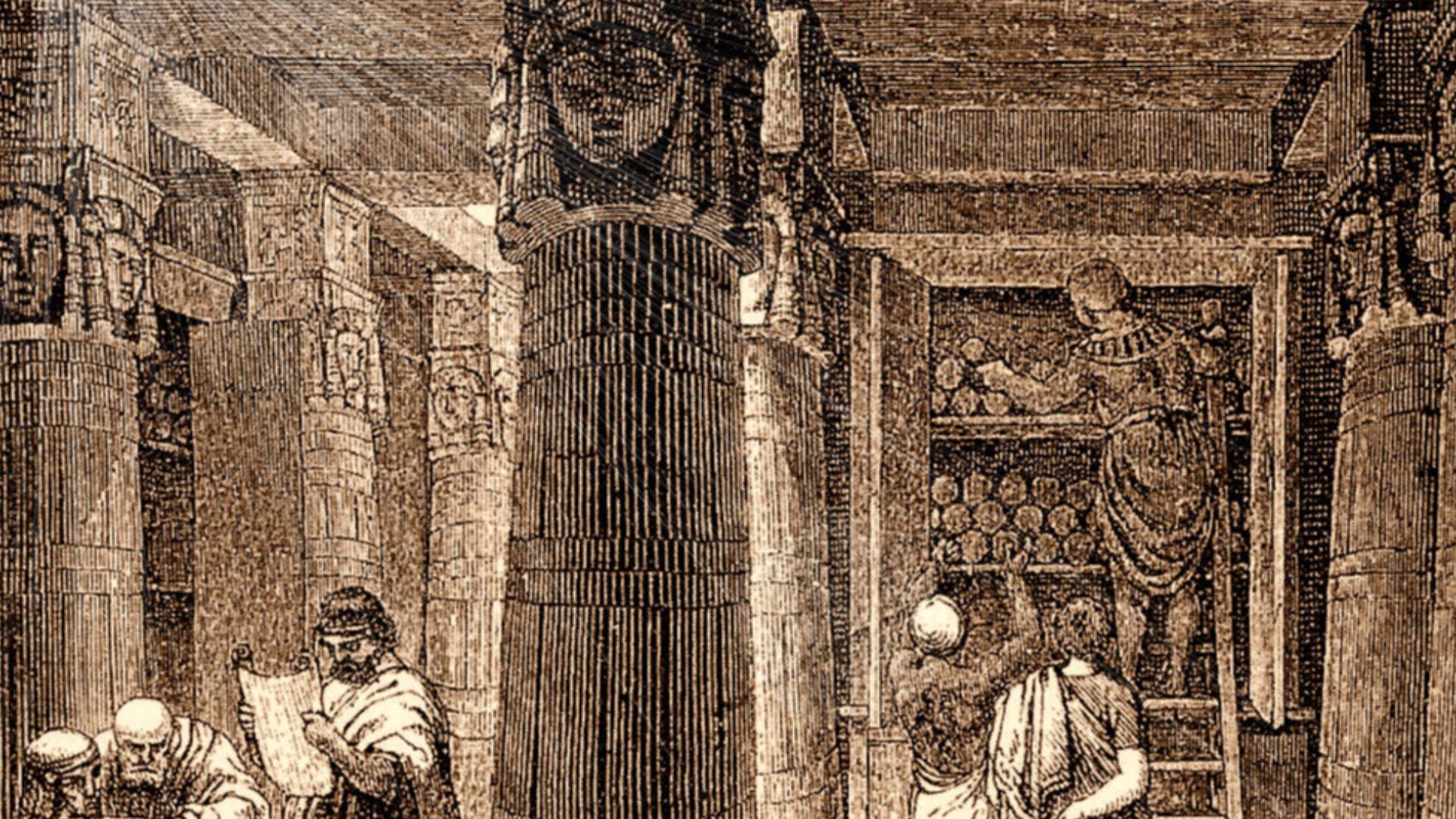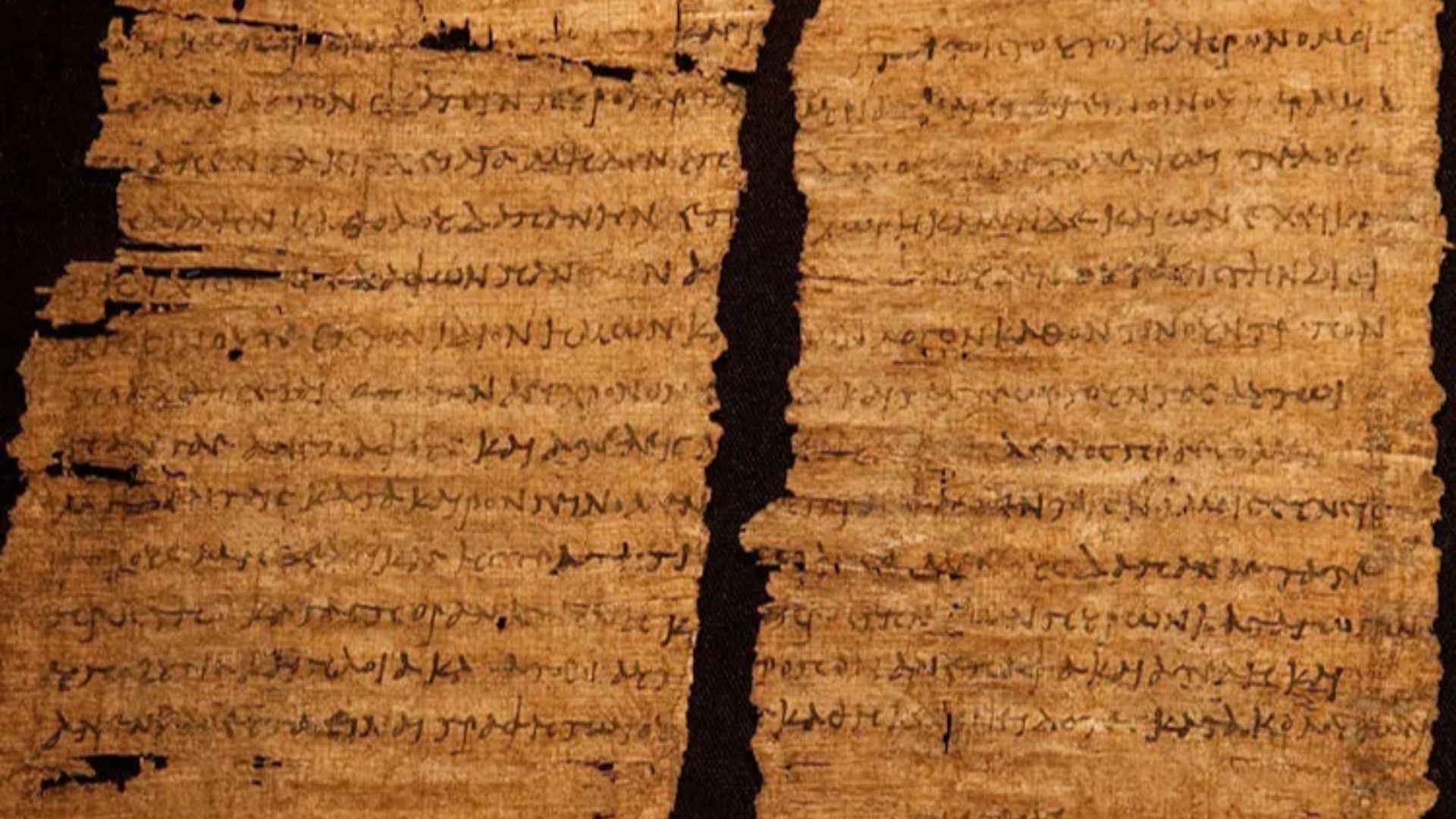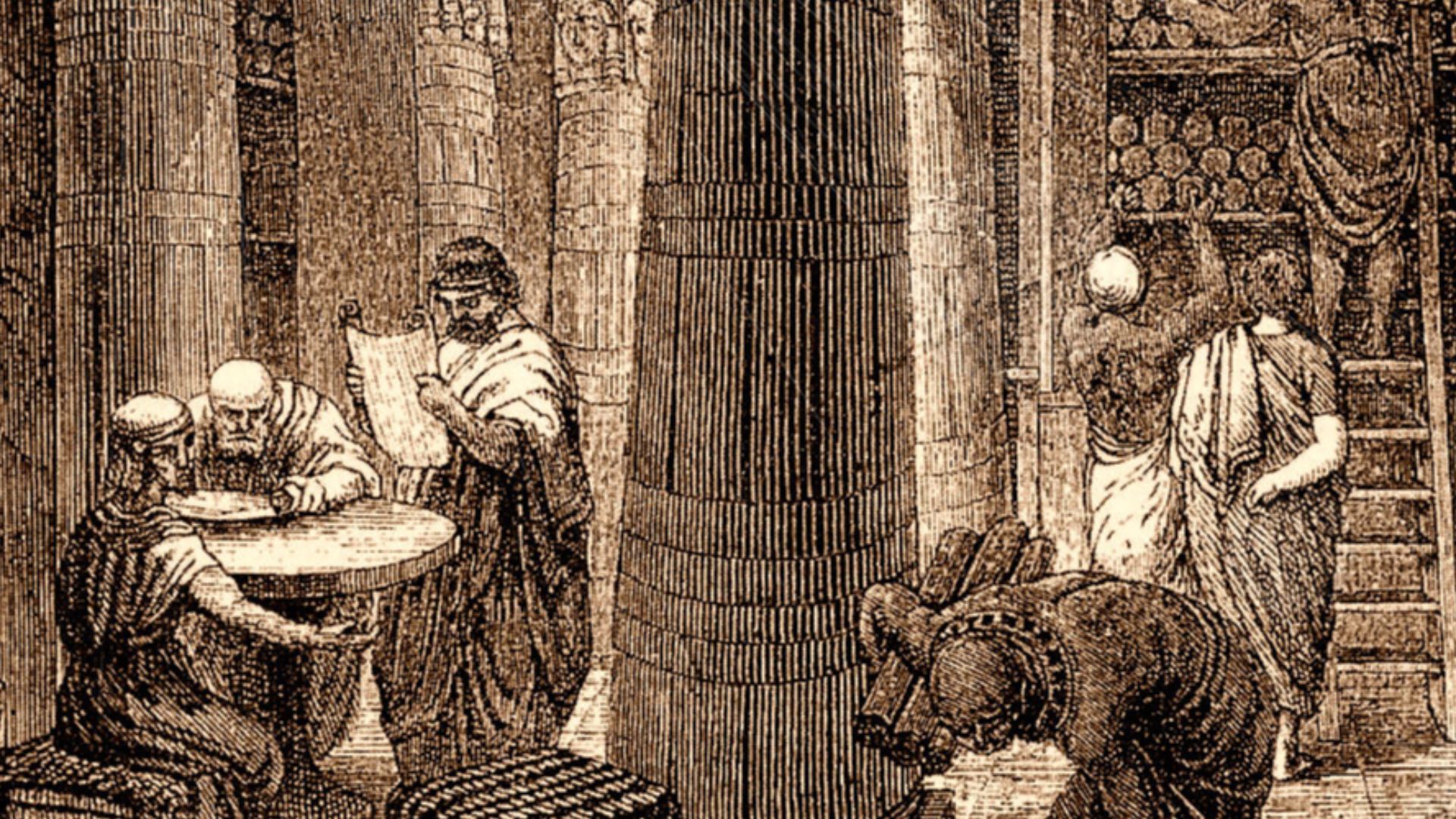Beyond Eyeliner And Drama
People like to remember the legend. But the real Cleopatra? She was way more complicated and way more interesting. Let’s pull back the curtain on who she actually was.
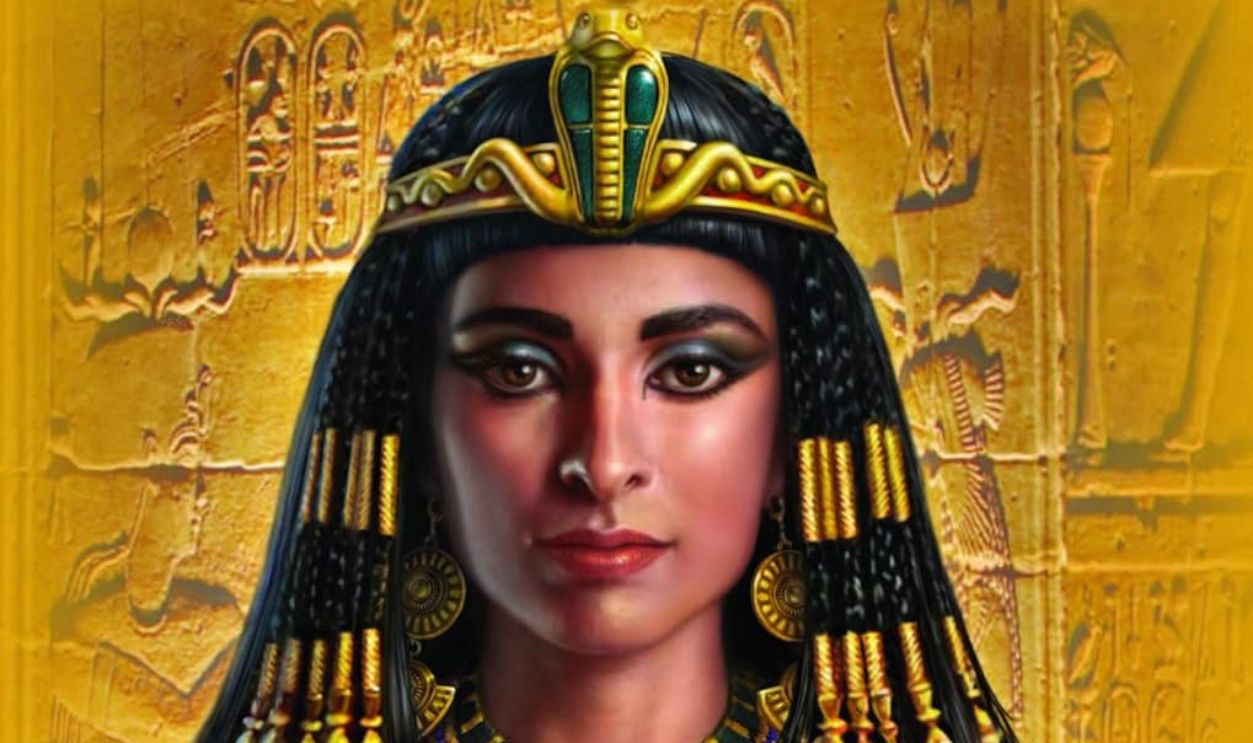
Cleopatra Was Not Egyptian By Ancestry
Born in Alexandria in 69 BCE, Cleopatra VII descended from the Macedonian Greek Ptolemaic dynasty, not native Egyptians. Ptolemy I, her ancestor, took control of Egypt after Alexander the Great’s demise. Most of her forebears spoke Greek and maintained Greek customs, avoiding Egyptian intermarriage and cultural assimilation.
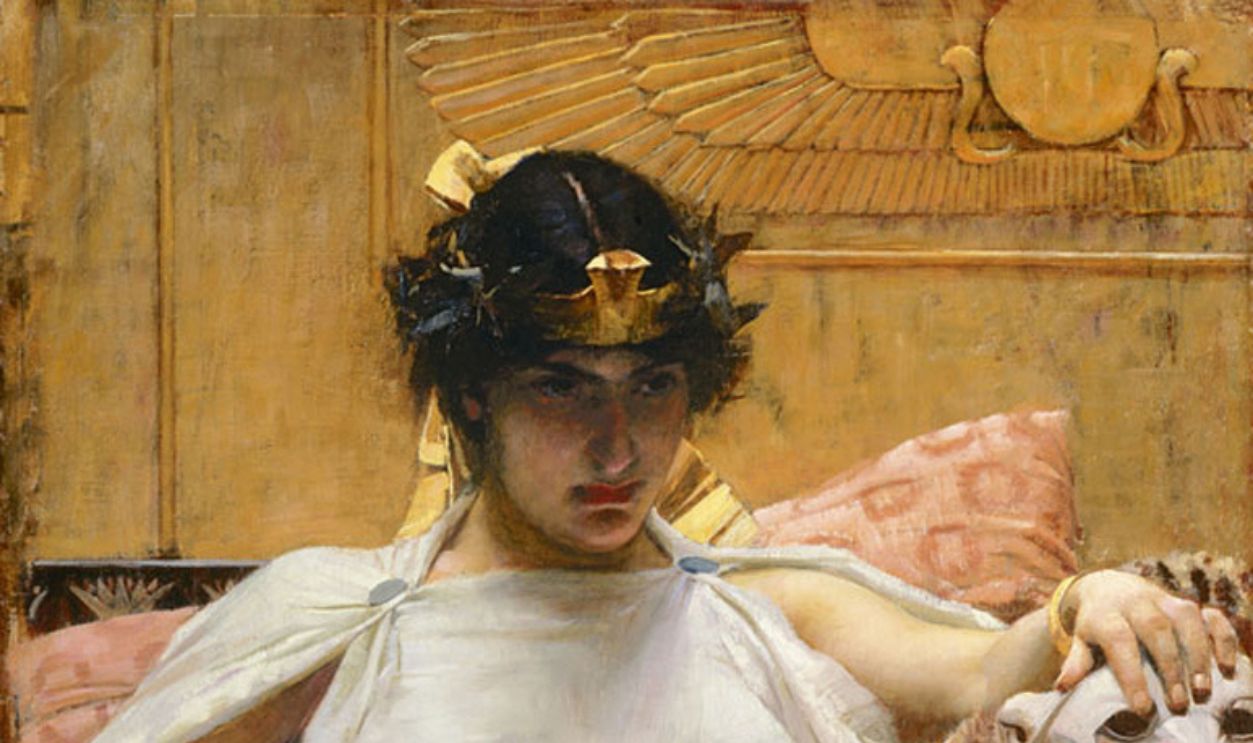 John William Waterhouse, Wikimedia Commons
John William Waterhouse, Wikimedia Commons
Cleopatra Was Not Egyptian By Ancestry (Cont.)
Here’s the twist: She was the only Ptolemaic ruler who actually learned Egyptian, making her unique among foreign kings and queens. Her linguistic fluency earned her love from the Egyptians and helped solidify her throne during political storms.
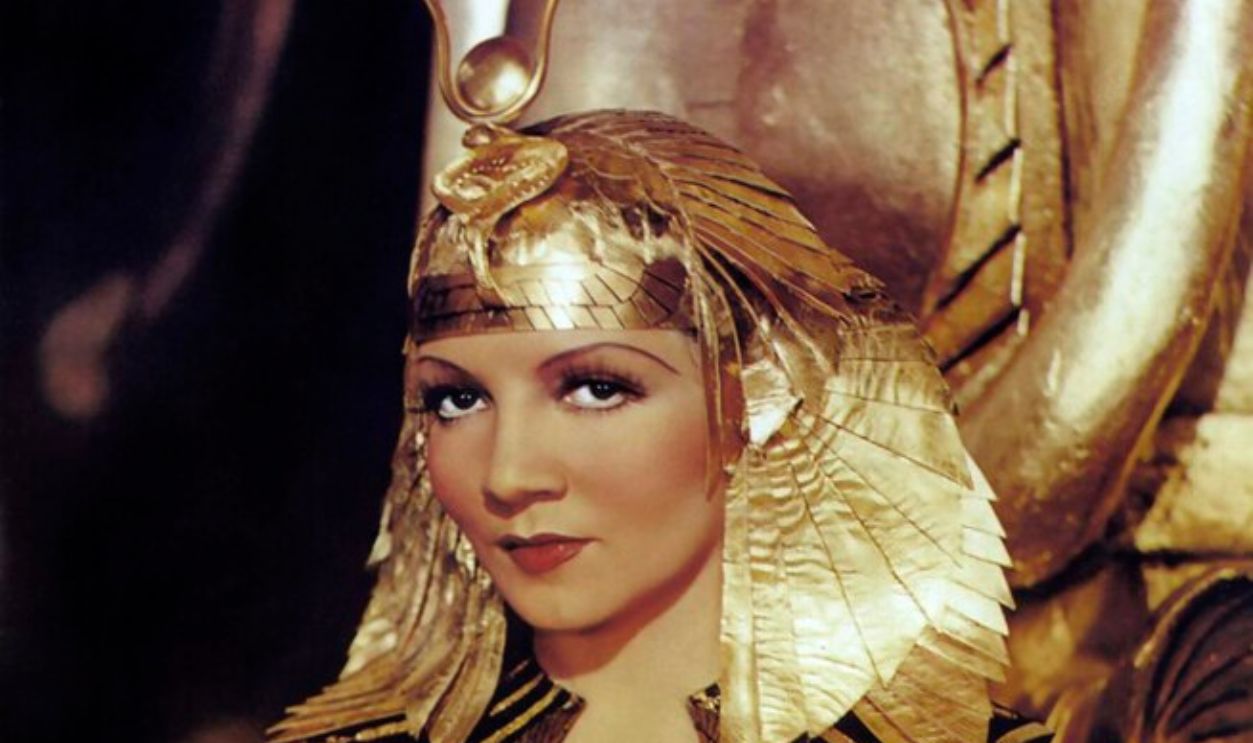 Paramount studio, Wikimedia Commons
Paramount studio, Wikimedia Commons
Her Beauty Was Not Her Most Notable Trait
Forget that glamorous “Elizabeth Taylor” portrayal. Ancient coins show a sharp nose, strong jawline, and thin lips. Cleopatra wasn’t a supermodel—she was a strategist. Roman historians like Plutarch praised her wit and musical voice more than her looks. Charisma, not cosmetics, pulled the strings in her court.
 What did Cleopatra look like? Coins Give us an Answer by Classical Numismatics
What did Cleopatra look like? Coins Give us an Answer by Classical Numismatics
Her Beauty Was Not Her Most Notable Trait (Cont.)
Roman propaganda painted her as a seductress, but Cleopatra’s true power lay in her mind. She debated philosophers, maneuvered through global politics, and led armies into battle. Brains and power? That’s the real calling. No wonder Caesar and Antony didn’t stand a chance.
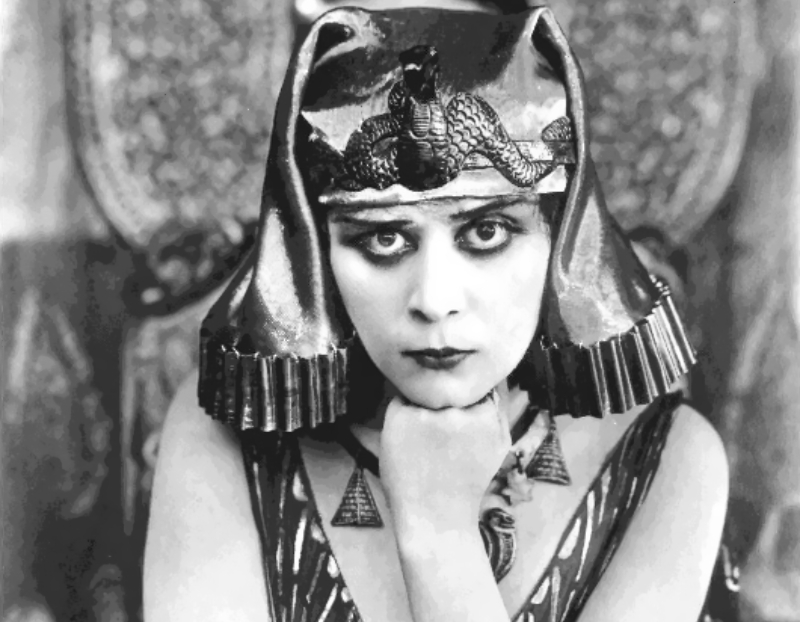 Fox Film Corporation, Wikimedia Commons
Fox Film Corporation, Wikimedia Commons
She Spoke Multiple Languages Fluently
Cleopatra spoke multiple languages, and the few known are Greek, Egyptian, Hebrew, Arabic, Aramaic, and Latin. This Queen broke language barriers with elegance. Unlike other rulers, she could talk to priests and scholars without an interpreter. That skill sealed international alliances with flair.
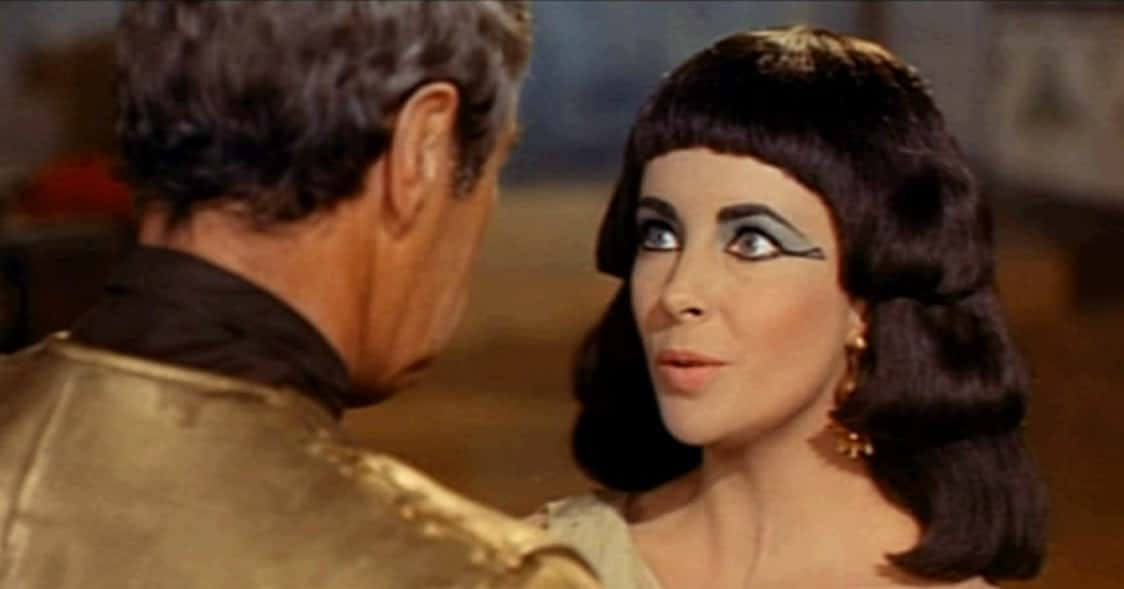 Trailer screenshot, Wikimedia Commons
Trailer screenshot, Wikimedia Commons
She Spoke Multiple Languages Fluently (Cont.)
Cicero, the Roman orator, called her enthralling. Why? Likely because she could speak to him in Latin without flinching. Most Romans barely respected foreigners, but Cleopatra flipped the script. Fluent and fierce, she used language as a weapon—just sharper than any Roman gladius.
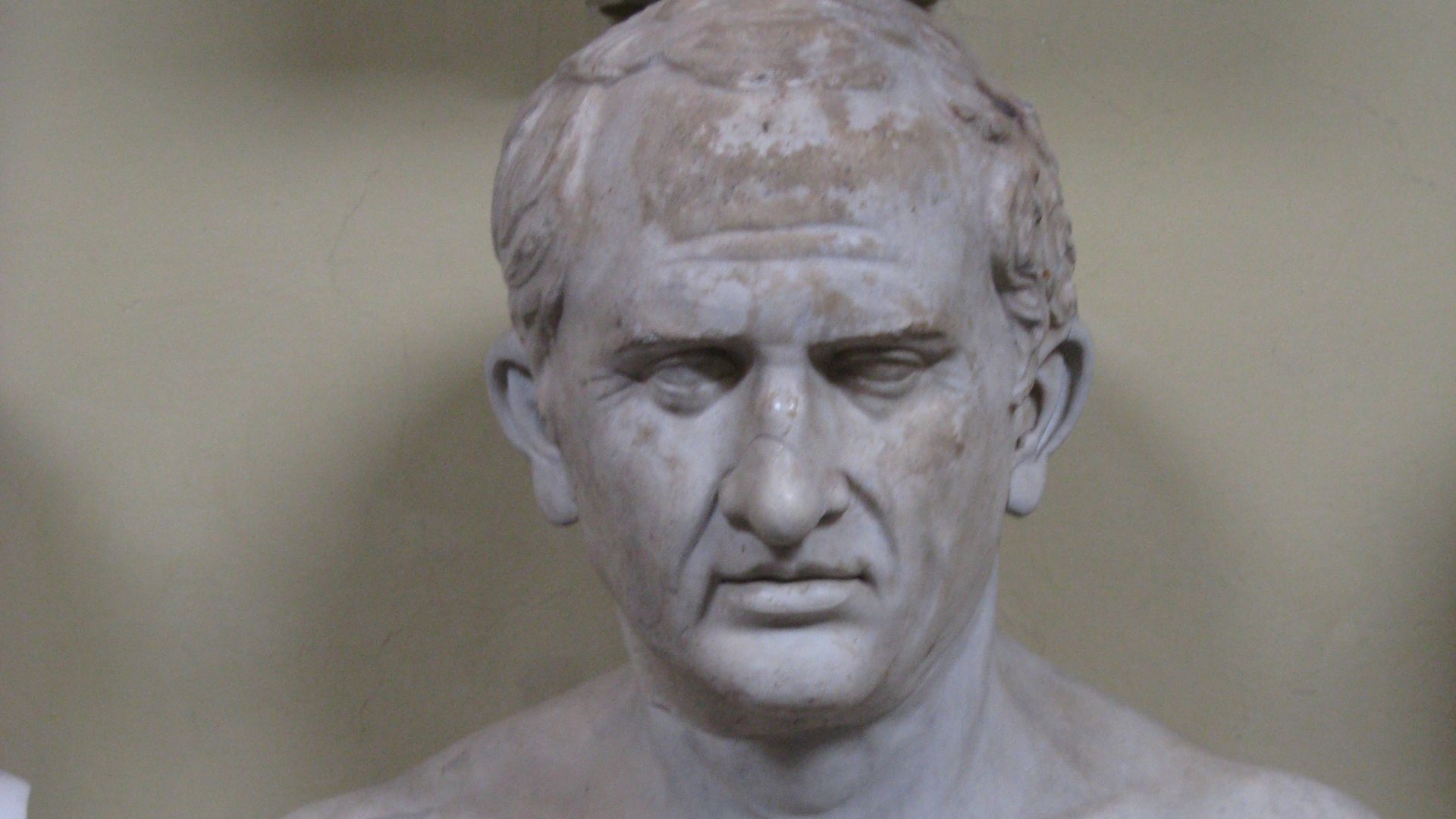 Yair-haklai, Wikimedia Commons
Yair-haklai, Wikimedia Commons
Cleopatra Was A Skilled Political Leader
When civil war burned through Egypt and Rome, Cleopatra approached them like a seasoned general. She wasn’t propped up by men but played them like chess pieces. She staged dramatic entrances, including that famous rug roll into Caesar’s chambers. When it came to politics, she made it a personal performance.
Cleopatra Was A Skilled Political Leader (Cont.)
Reigning for over 20 years in a male-dominated world had to be pure calculation, and Cleopatra did this effortlessly. She stabilized the currency, quelled the rebellion, and, most of all, kept Egypt independent despite Roman pressure. That takes guts. Antony was her partner, sure, but she kept control.
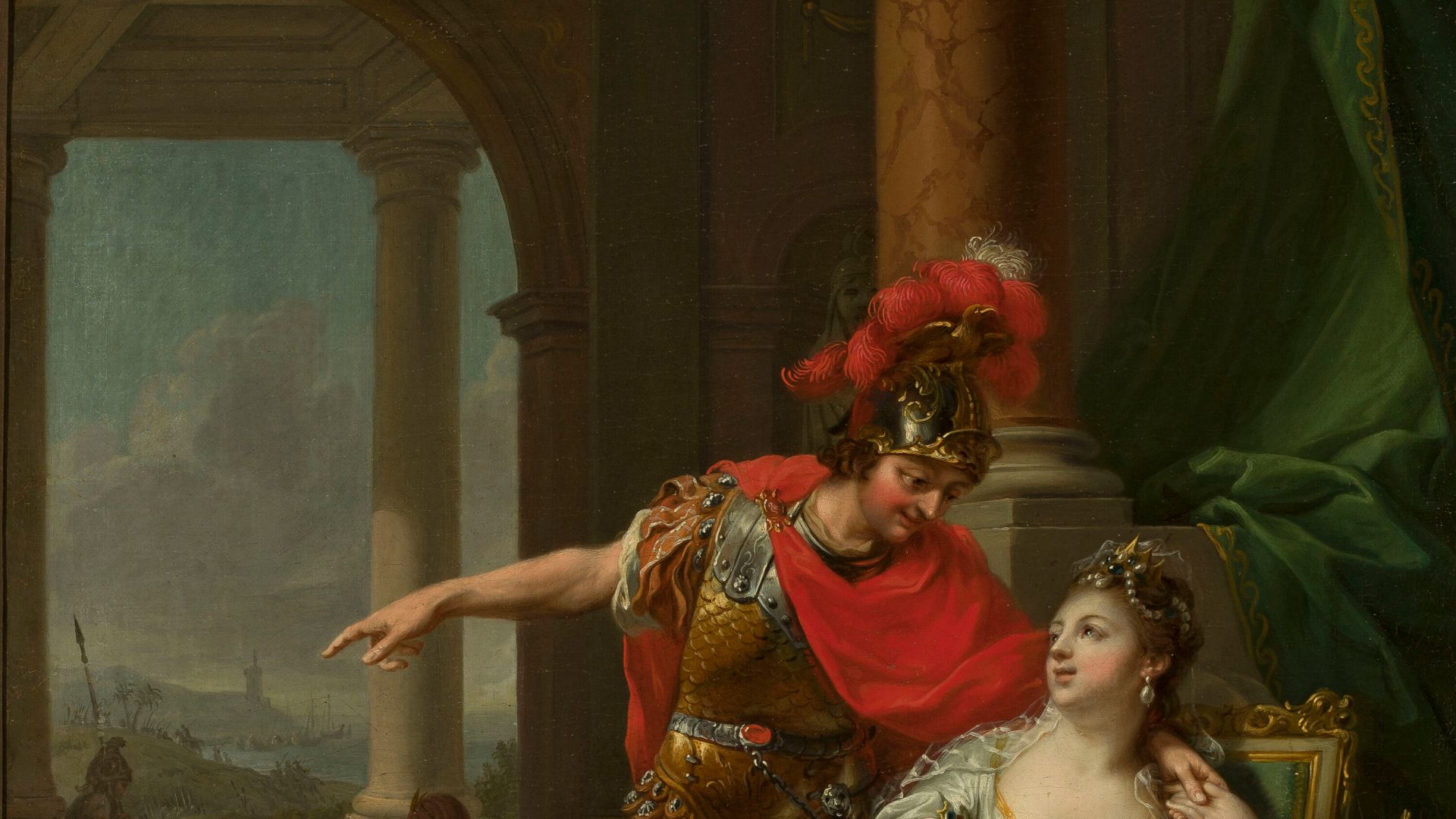 Johann Heinrich Tischbein, Wikimedia Commons
Johann Heinrich Tischbein, Wikimedia Commons

History's most fascinating stories and darkest secrets, delivered to your inbox daily.
She Was The Last Active Pharaoh Of Egypt
Cleopatra’s rule was the end of an entire era. When she died in 30 BCE, Egypt became a Roman province. Her son, Caesarion, was too young and unprotected to rule. With her passing, 3,000 years of pharaonic legacy vanished. After that, Egypt bowed to Rome.
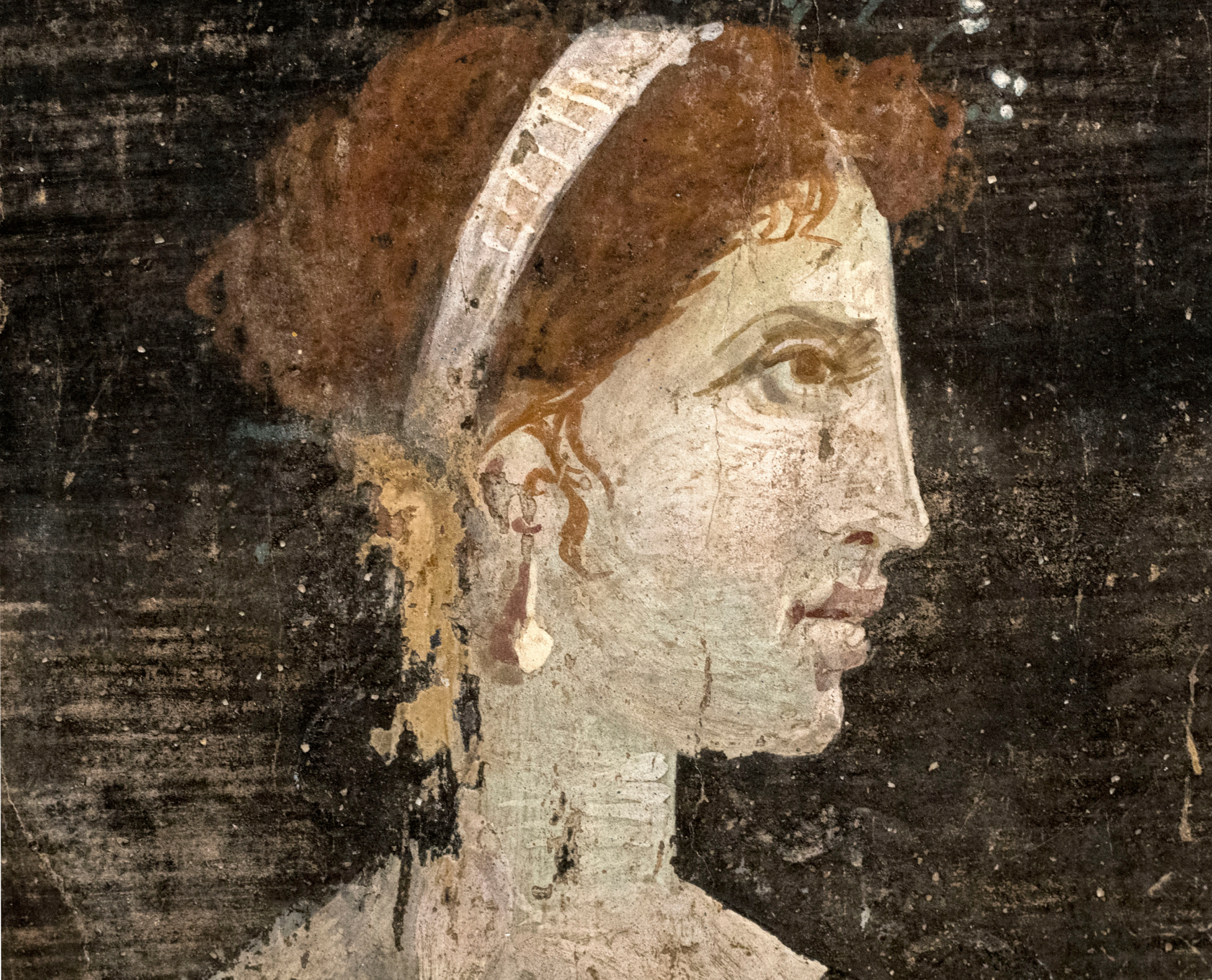 Ángel M. Felicísimo, Wikimedia Commons
Ángel M. Felicísimo, Wikimedia Commons
She Was The Last Active Pharaoh Of Egypt (Cont.)
Another detail about her final rule is that she was the last ruler with a crown and a cobra-adorned headdress. After Cleopatra, no monarch spoke to Egyptian gods in temple rites. The ancient world turned the page. You could say she walked offstage, the curtain closed and never reopened.
Her Passing May Not Have Been Caused By An Asp
You’ve heard it—she let a snake bite her. Sounds dramatic, but maybe it’s not true. Ancient sources conflict, with some claiming she died from an asp bite, but many historians argue she may have used poison instead. The exact cause remains uncertain.
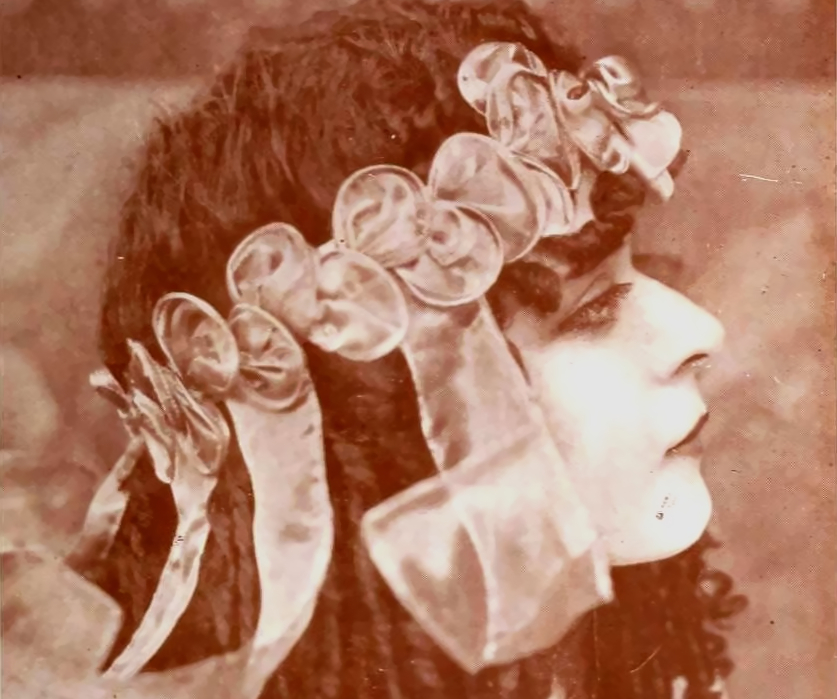 Fox Film Corporation, Wikimedia Commons
Fox Film Corporation, Wikimedia Commons
Her Passing May Not Have Been Caused By An Asp (Cont.)
Suicide was her protest, and Augustus wanted her paraded through Rome like a trophy. Cleopatra chose death over humiliation. So, whether it was by asp or tincture, she decided her exit. That single act flipped her from captive to legend. Even her demise made emperors nervous. Now, that’s real power.
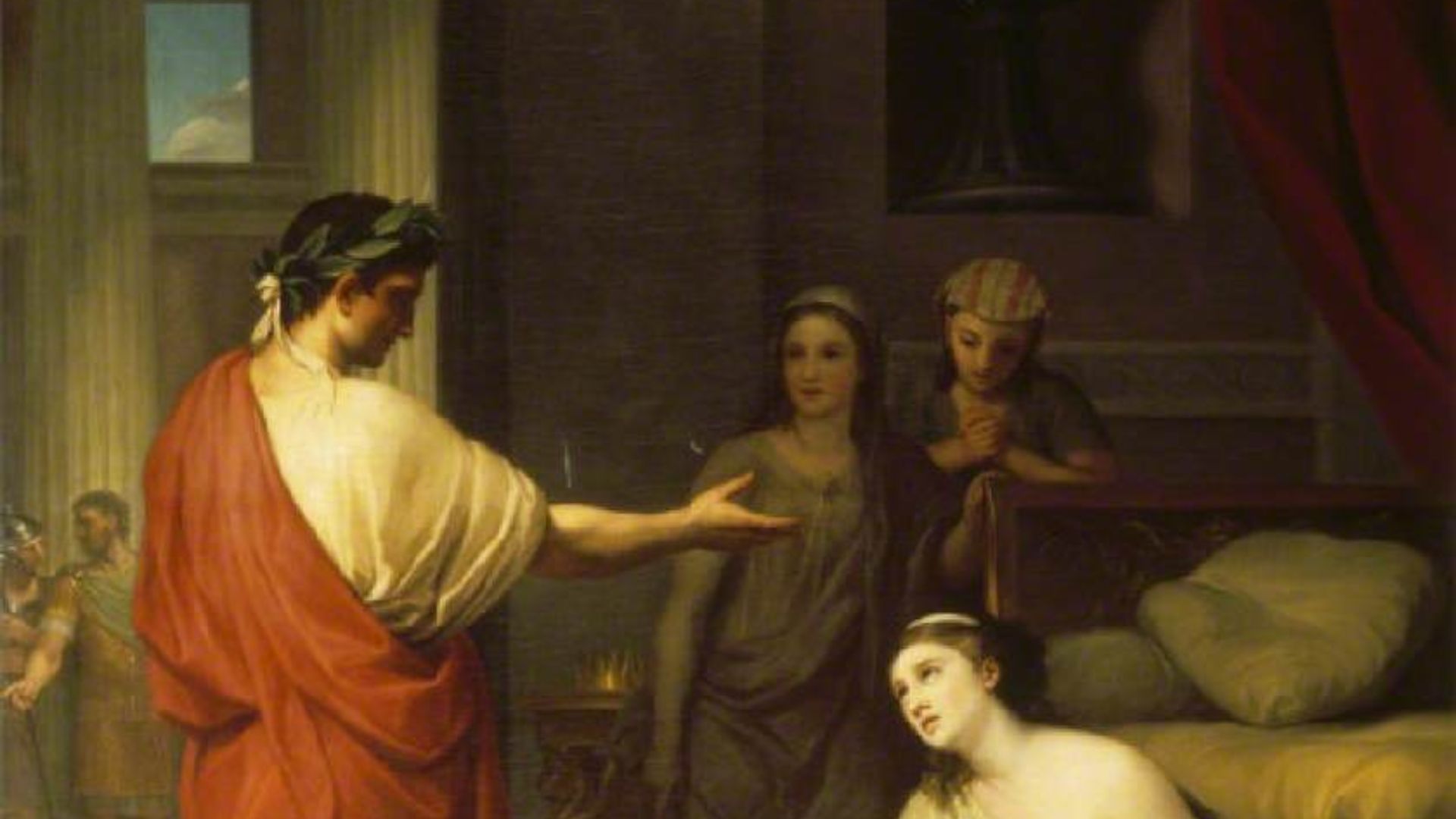 Anton Raphael Mengs, Wikimedia Commons
Anton Raphael Mengs, Wikimedia Commons
Cleopatra Was Educated In Multiple Subjects
Alexandria’s libraries housed the ancient world’s greatest minds, and Cleopatra had front-row access. She studied economics, law, linguistics, military theory, chemistry, and mercantile strategy. She was not a queen who just waved from balconies; she tinkered with knowledge. Think of her as a royal Da Vinci.
Cleopatra Was Educated In Multiple Subjects (Cont.)
Ptolemaic rulers preserved Hellenistic culture, and Cleopatra took that tradition seriously. Records hint she consulted scholars on astronomy and anatomy. Knowledge was her armor. And when she spoke with foreign kings, she came prepared. Respect isn’t given in politics; she earned it, book by book.
She Aligned Herself With The Goddess Isis
Cleopatra dressed as Isis during public appearances, merging politics with theology. Isis was a mother figure and a magician. Cleopatra wanted the people to see her as divine and nurturing. In a world of gods and rulers, she played both.
 Cleopatra (1963 ) Elizabeth Taylor Entrance into Rome Scene (HD) by Astrotema
Cleopatra (1963 ) Elizabeth Taylor Entrance into Rome Scene (HD) by Astrotema
She Aligned Herself With The Goddess Isis (Cont.)
Priests endorsed her, and temples displayed her likeness alongside Isis. Cleopatra amplified public devotion and her claim to the throne by aligning herself with a beloved goddess. While Romans mocked the spectacle, Egyptians embraced it. Was it politics masked as piety?
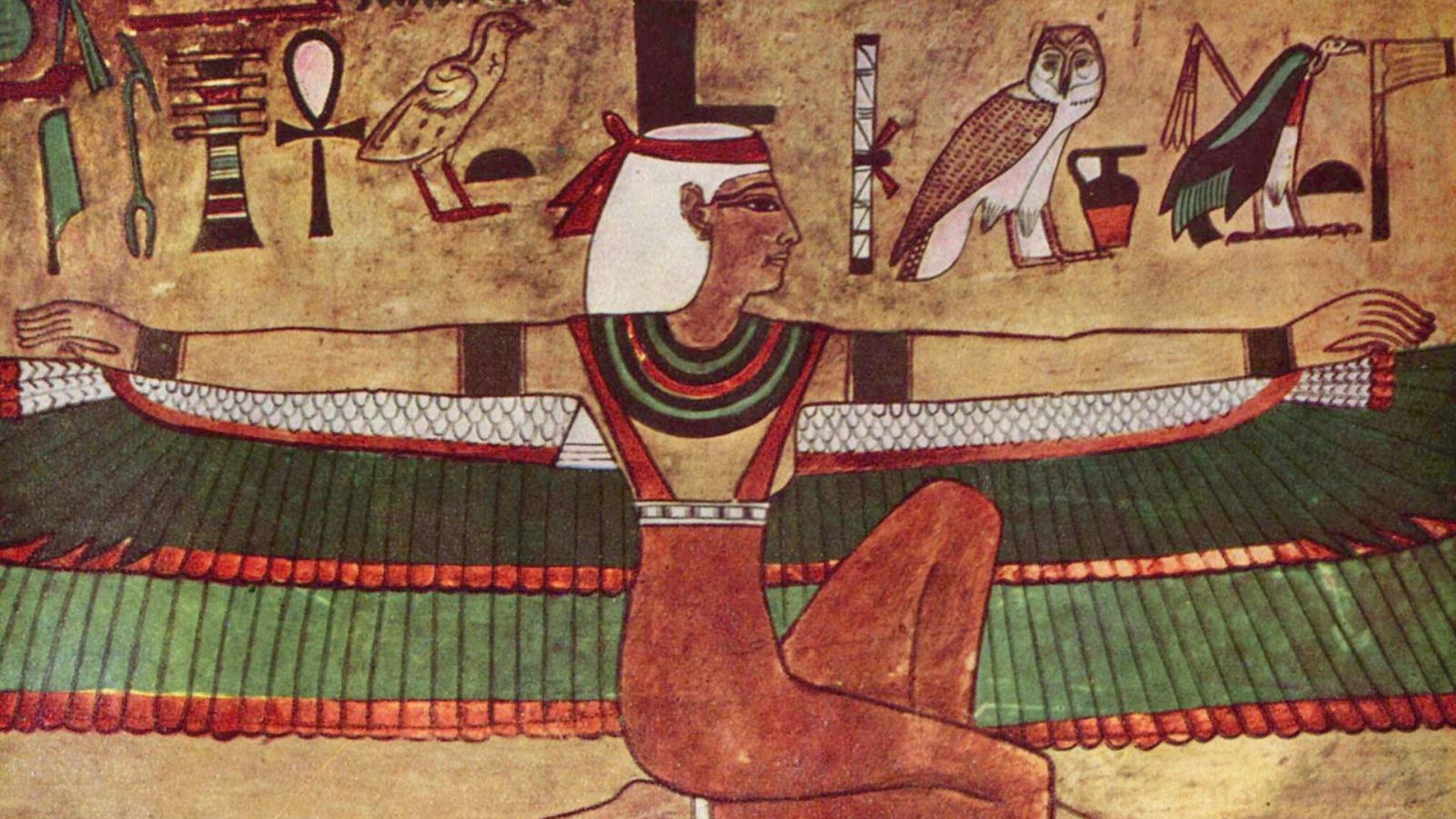 Ägyptischer Maler um 1360 v. Chr., Wikimedia Commons
Ägyptischer Maler um 1360 v. Chr., Wikimedia Commons
Cleopatra Had Children With Both Julius Caesar And Mark Antony
Drama alert: she didn’t just romance emperors; she bore heirs. Caesarion was Caesar’s only acknowledged son. With Antony, she had twins, then a third child. Getting these kids was a power play. Her children were diplomatic investments in an unstable political world.
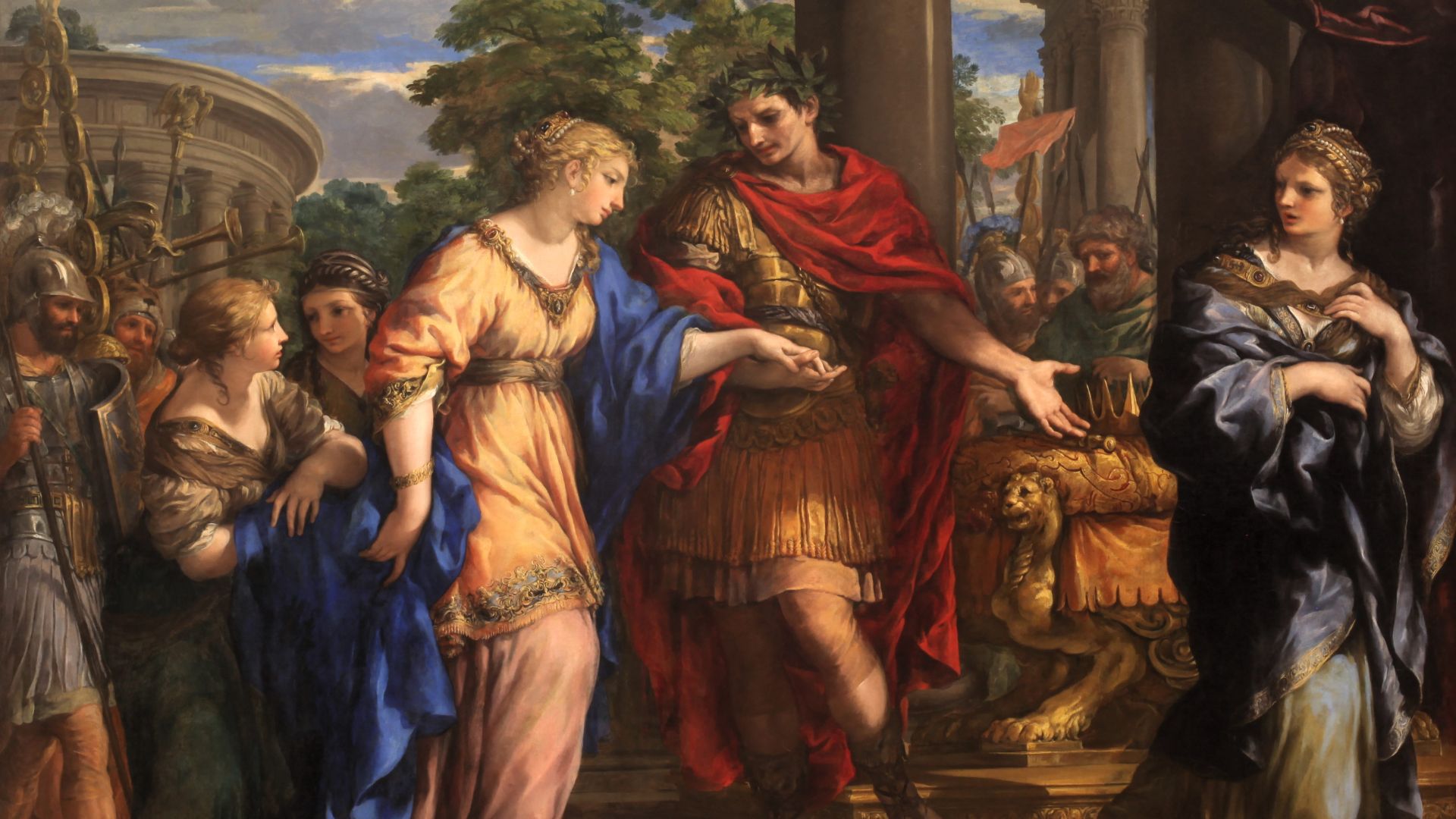 Pietro da Cortona, Wikimedia Commons
Pietro da Cortona, Wikimedia Commons
Cleopatra Had Children With Both Julius Caesar And Mark Antony (Cont.)
Cleopatra crowned Caesarion co-regent after Julius Caesar’s demise. Her children symbolized alliances but also threatened Rome. Augustus had them executed or exiled. Even in their youth, her kids carried political weight. Being born to Cleopatra was a target.
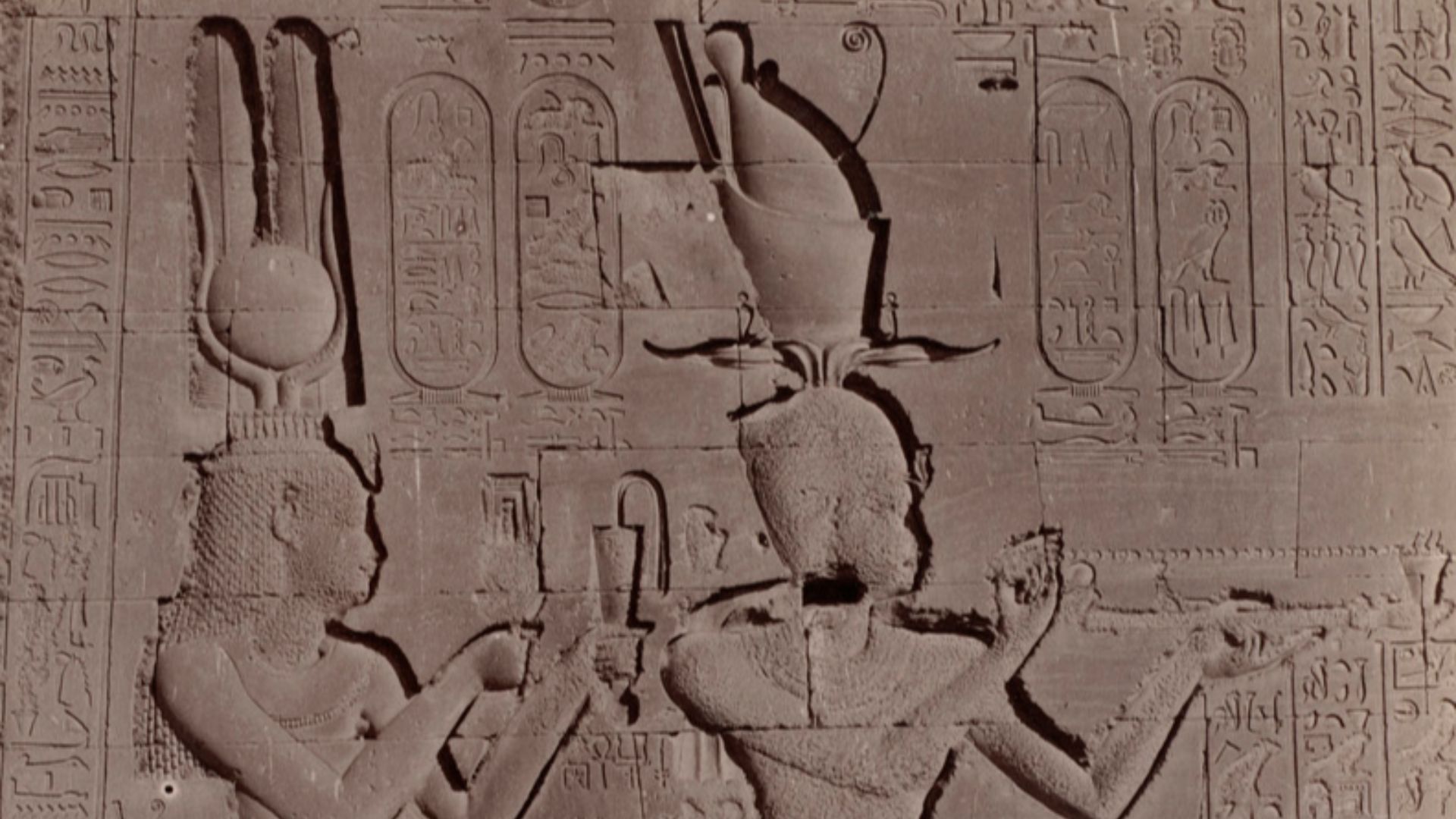 Boston Public Library, Wikimedia Commons
Boston Public Library, Wikimedia Commons
Her Image Was Tarnished By Roman Propaganda
Remember: history is written by the victors. Romans feared powerful women. So, Octavian (later Augustus) painted Cleopatra as a wicked seductress to justify his war against Antony. His poets, like Horace and Virgil, mocked her in verses. Truth became fiction, and fiction stuck around for centuries.
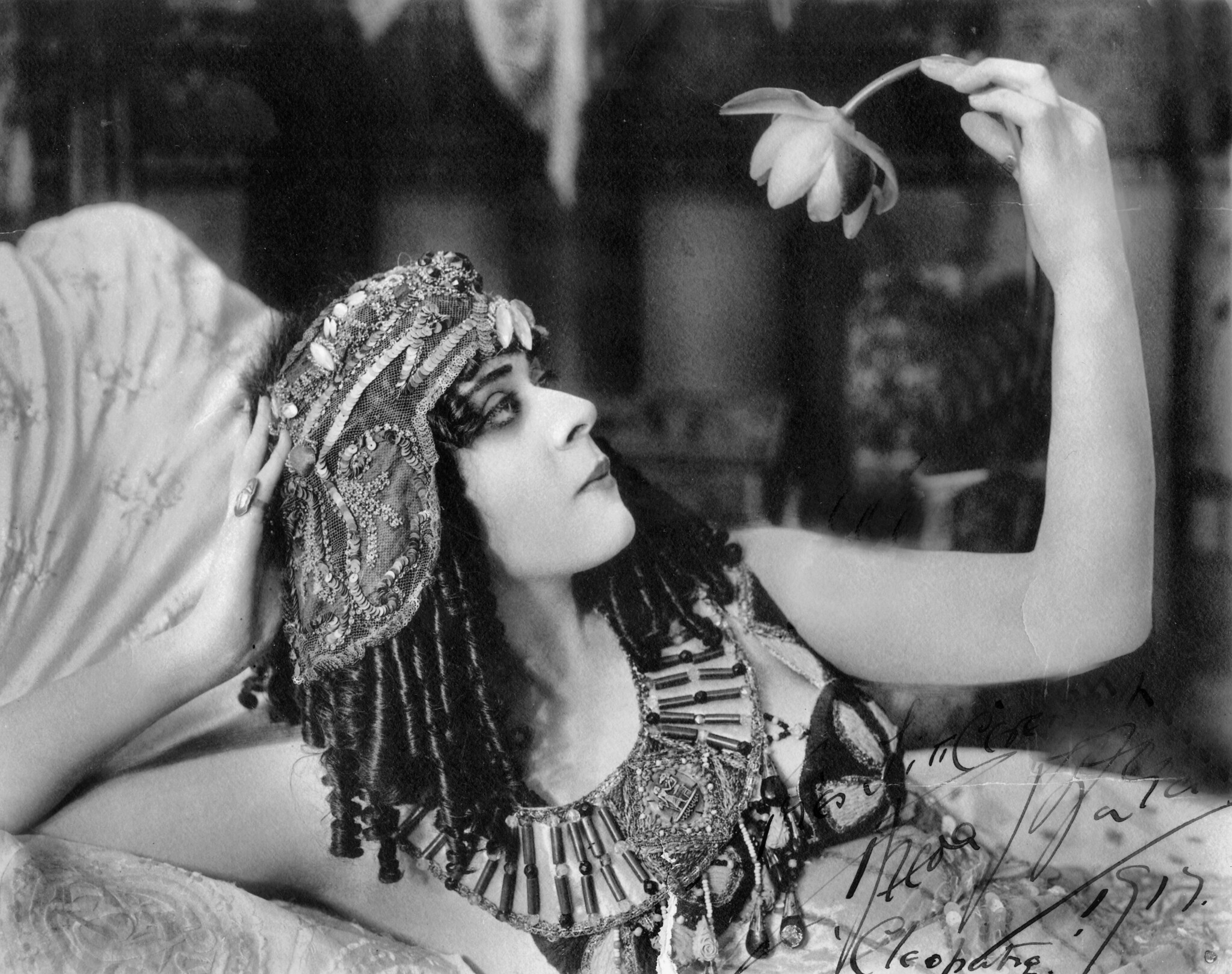 Orange County Archives, Flickr
Orange County Archives, Flickr
Her Image Was Tarnished By Roman Propaganda (Cont.)
Rome sold the idea that Cleopatra bewitched good Roman men. But no spellcasting here—just a woman outmaneuvering empires. The stories stuck because they served Roman pride. Over time, people forgot the savvy leader and remembered only the siren. That’s what you call a spin job.
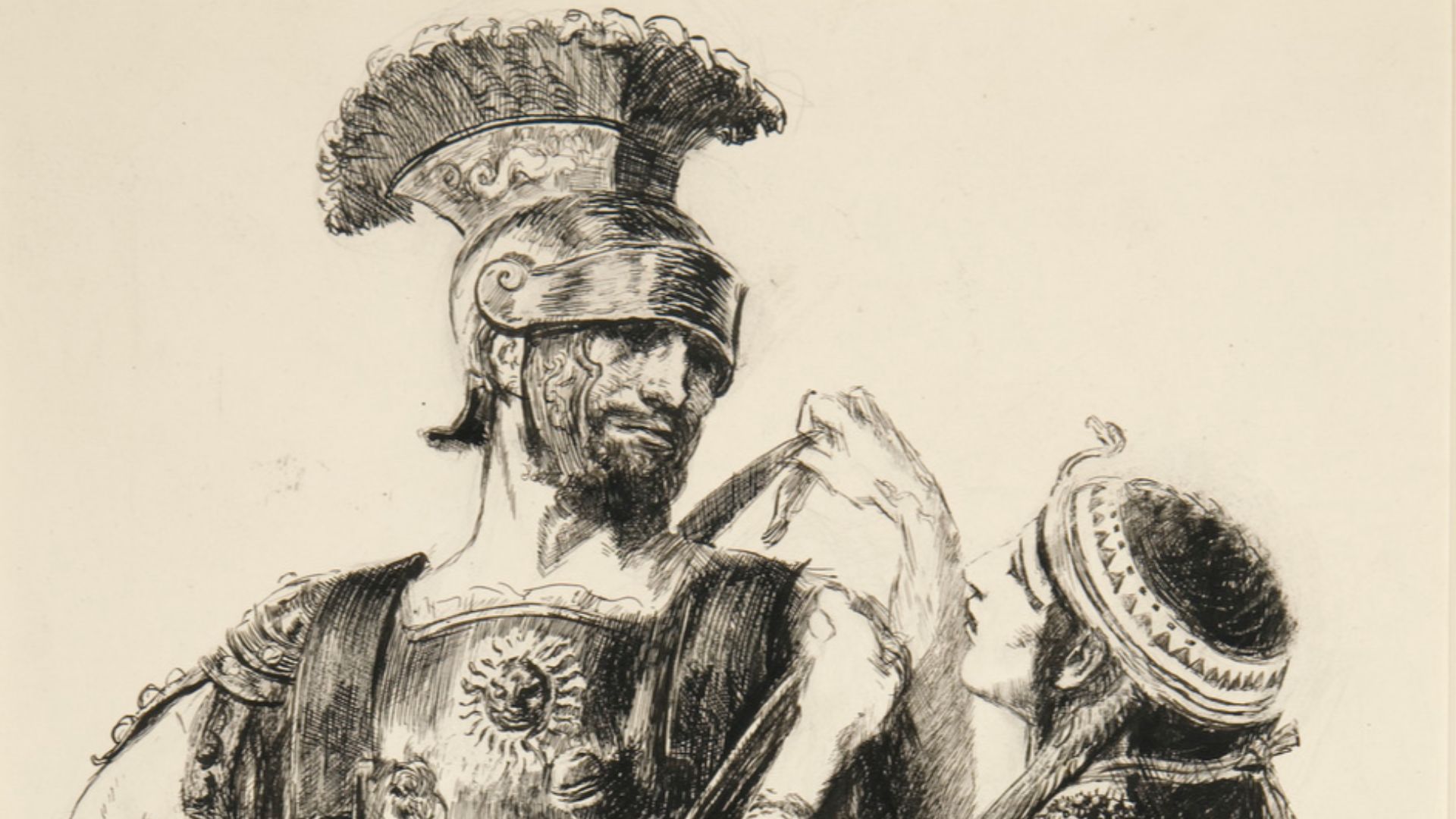 Edwin Austin Abbey, Wikimedia Commons
Edwin Austin Abbey, Wikimedia Commons
Cleopatra’s Influence Extended Beyond Her Lifetime
Look at Cleopatra, and you’ll see echoes in empresses, politicians, and pop stars. Her image inspired Antony And Cleopatra, portraits of “Madame de Pompadour,” and Beyonce’s 2017 Grammy entrance. When power meets pageantry, it mirrors Cleopatra’s legacy. History made her the blueprint.
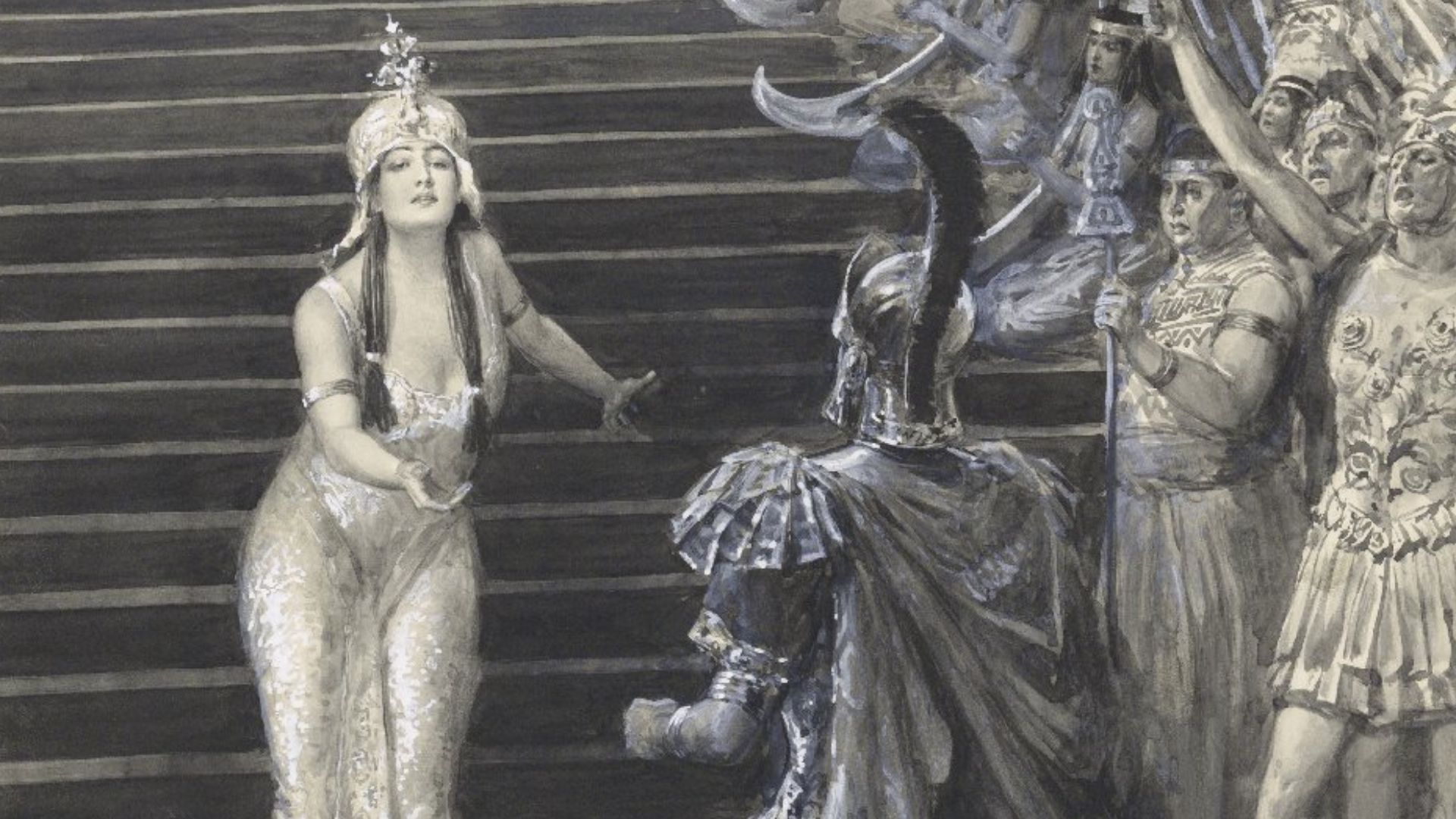 A. M. Faulkner, Wikimedia Commons
A. M. Faulkner, Wikimedia Commons
Cleopatra’s Influence Extended Beyond Her Lifetime (Cont.)
This legend found new life in culture, continually reimagined through the ages. Cleopatra’s charm shaped fashion, art, literature, and the very archetype of the powerful woman. From Shakespeare’s quill to modern hip-hop verses, her legacy endures. Influence evolves, just like the stories we keep telling about her.
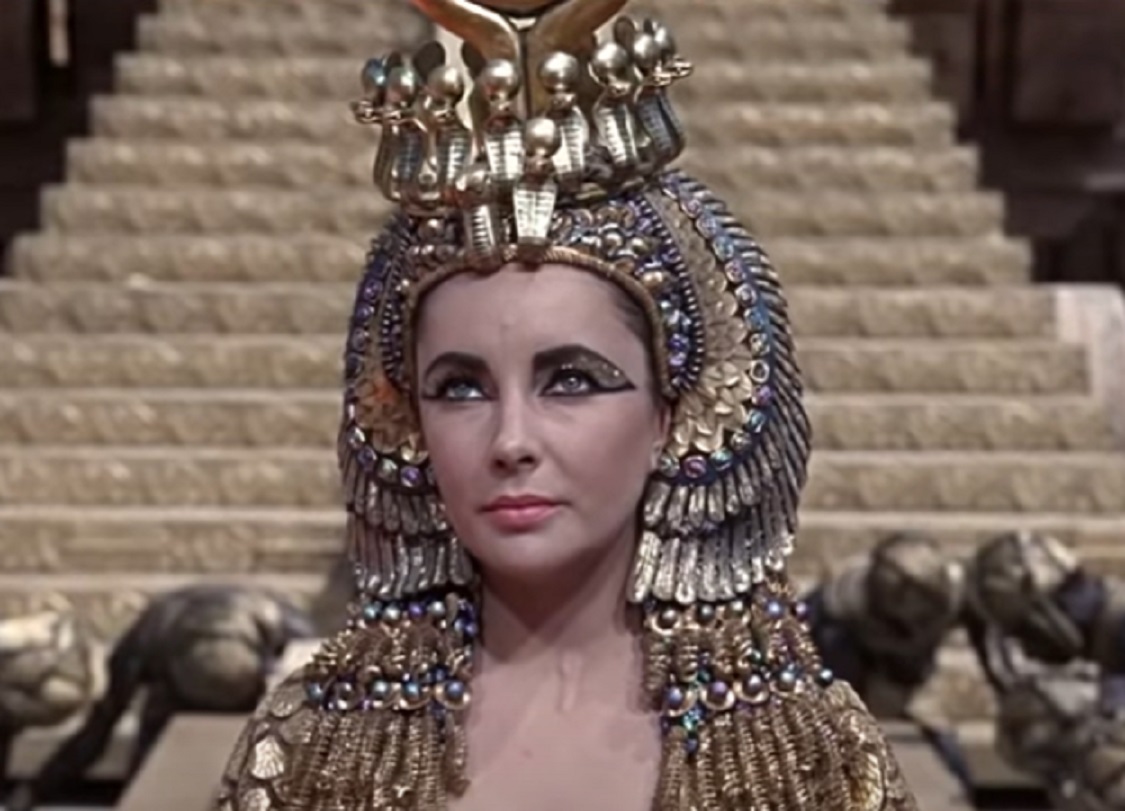 Twentieth Century, Cleopatra (1963)
Twentieth Century, Cleopatra (1963)
She Was A Symbol Of Feminine Power And Independence
Cleopatra didn’t move aside or plead. She gave an order, and it was followed. She demonstrated that women could control geopolitics by donning the twin crowns of Upper and Lower Egypt. Prior to her well-known affiliations, she reigned alone. Men were frightened by that, but she still lived independently.
 Cleopatra (1963 ) Elizabeth Taylor Entrance into Rome Scene (HD) by Astrotema
Cleopatra (1963 ) Elizabeth Taylor Entrance into Rome Scene (HD) by Astrotema
She Was A Symbol Of Feminine Power And Independence (Cont.)
Modern feminism often nods to her defiance. Cleopatra personified autonomy in a patriarchal world—one scroll at a time. She bent history not for affection but for authority. Even now, her story fuels debates on gender and leadership. Do you want a queen who redefined womanhood? Meet Cleopatra.
 MsRepresented: Cleopatra's True Story Unearthed by MsMojo
MsRepresented: Cleopatra's True Story Unearthed by MsMojo
Cleopatra’s Image Has Been Used To Reflect Societal Anxieties
Over the centuries, each culture reshaped Cleopatra to reflect its own anxieties. The Victorians cast her as a symbol of moral decay. Twentieth-century Hollywood transformed her into a seductive siren. Time and again, she reveals more about us than herself—our fears, ideals, and projections.
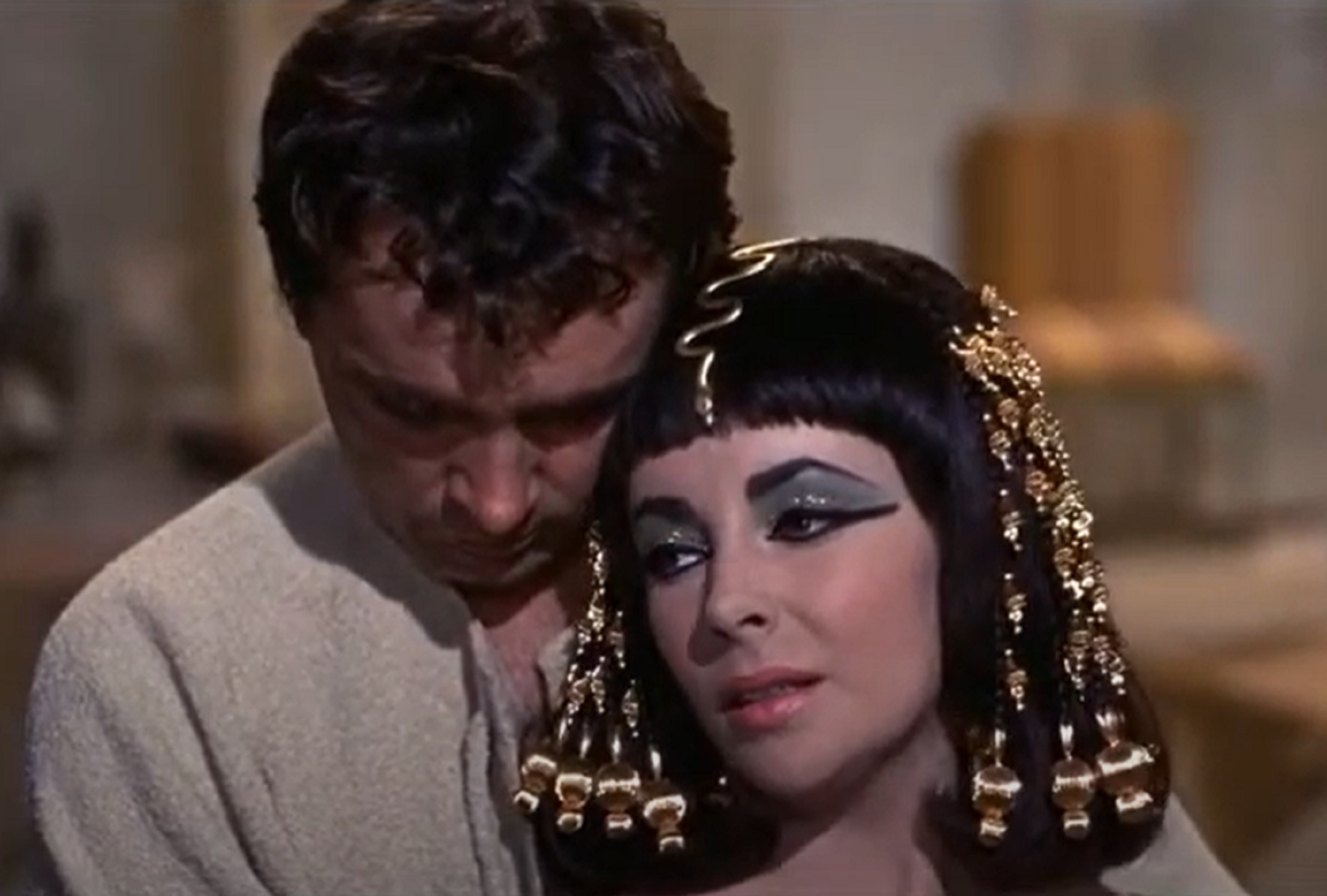 Twentieth Century Fox, Cleopatra (1963)
Twentieth Century Fox, Cleopatra (1963)
Cleopatra’s Image Has Been Used To Reflect Societal Anxieties (Cont.)
Every generation reinvents her, but the real Cleopatra remains elusive beneath centuries of projection. Her story became the sandbox for cultural critiques, which says more about us than her. The anxieties we attach to Cleopatra reveal what we value and fear in powerful women.
 The Real Cleopatra | Queen of Egypt by Royalworld - Nobility & Dynasties
The Real Cleopatra | Queen of Egypt by Royalworld - Nobility & Dynasties
Her Story Has Been Central To Debates On Race And Representation
Race has been tied to Cleopatra’s story for centuries. Debates rage over her skin tone, heritage, and casting in film. What matters, and why do we care? Well, representation shapes identity, and people want to see themselves in power. Cleopatra’s story is ancient and urgent.
 Queen Cleopatra | Official Trailer | Netflix by Netflix
Queen Cleopatra | Official Trailer | Netflix by Netflix
Her Story Has Been Central To Debates On Race And Representation (Cont.)
Historical gaps allow myths to bloom. Was she Greek? Part Egyptian? Black? Here’s what’s documented: Macedonian roots, Egyptian upbringing, and deep integration into African culture. The dialogue reflects real-world needs for accurate, empowering representation. The past, here, speaks to the present.
 Queen Cleopatra | Official Trailer | Netflix by Netflix
Queen Cleopatra | Official Trailer | Netflix by Netflix
Cleopatra’s Political Alliances Were Strategic, Not Merely Romantic
Her love life was, yes, diary material, but it was also diplomacy. Caesar gave her stability in Rome. Antony offered leverage against Octavian. These were geopolitical chess moves. Her relationships were treaties, not trysts. Cleopatra chased sovereignty, not hearts.
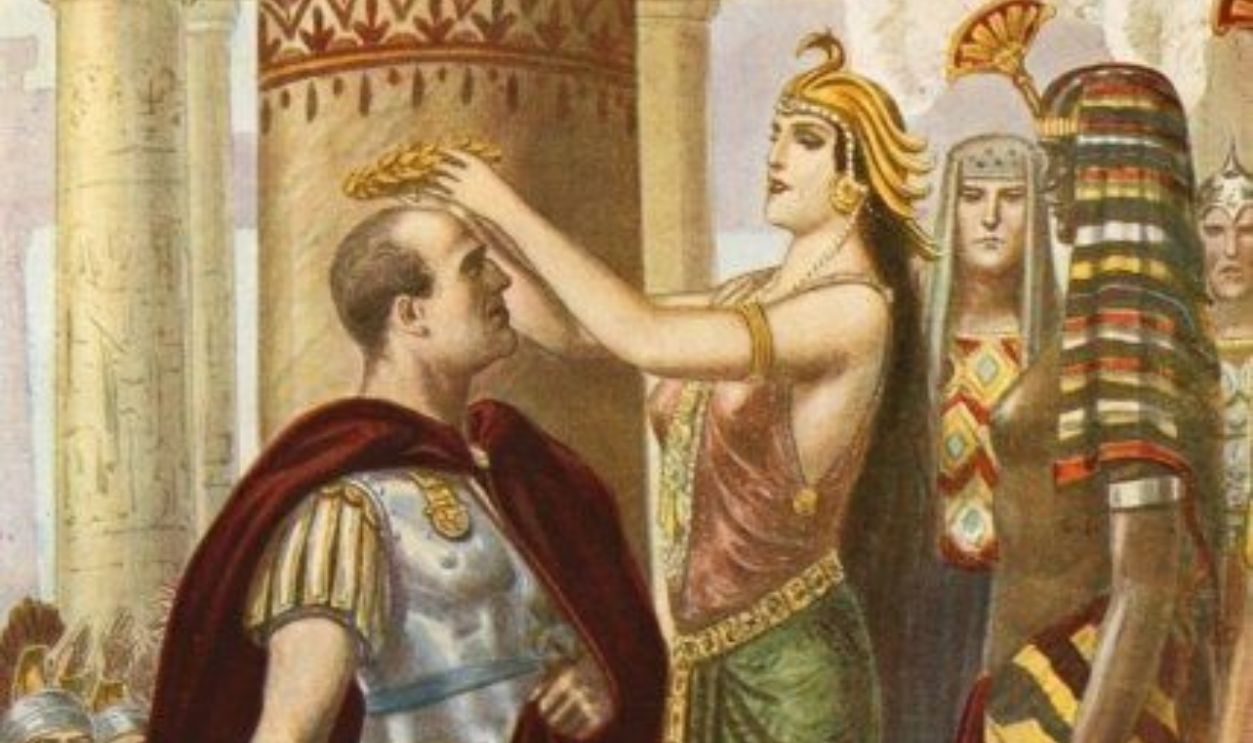 Tancredi Scarpelli, Wikimedia Commons
Tancredi Scarpelli, Wikimedia Commons
Cleopatra’s Political Alliances Were Strategic, Not Merely Romantic (Cont.)
By aligning with Rome’s strongest men, Cleopatra kept Egypt out of Roman annexation—at least for a while. She leveraged her status as consort and mother of heirs to secure Egypt’s place on the map. Romance? Sure. But it was always powered by reason.
 Cleopatra (1963 ) Elizabeth Taylor Entrance into Rome Scene (HD) by Astrotema
Cleopatra (1963 ) Elizabeth Taylor Entrance into Rome Scene (HD) by Astrotema
She Was A Patron Of The Arts And Sciences
Cleopatra bankrolled astronomers and sponsored architects. Her palace was a think tank where she commissioned monumental temples, restored libraries, and archived papyri. Her rule supported scholars whose work laid intellectual cornerstones for future civilizations.
 Ijanderson977, Wikimedia Commons
Ijanderson977, Wikimedia Commons
She Was A Patron Of The Arts And Sciences (Cont.)
She saw knowledge as infrastructure. While other rulers built walls, she built wisdom. Alexandria blossomed into a haven for innovation. While Cleopatra supported Alexandria’s scholarly life, no direct evidence links her patronage to the Renaissance-era rediscovery of classical knowledge.
Her Life Has Been Romanticized In Popular Culture
Cleopatra’s entire life has been featured in scrolls, books, stage plays, and on the silver screen. Shakespeare turned her into tragic poetry, while Hollywood layered on eyeliner and scandal. But the legend often strays from the truth. Fantasy entertains, sure, but it clouds reality.
Her Life Has Been Romanticized In Popular Culture (Cont.)
The real Cleopatra disappears behind velvet curtains and costume jewelry. Why? Because simplicity sells. But behind every adaptation lies a complex woman who was too smart for just a love story. Her romance was the platform and the way she created bonds that seemed impossible.
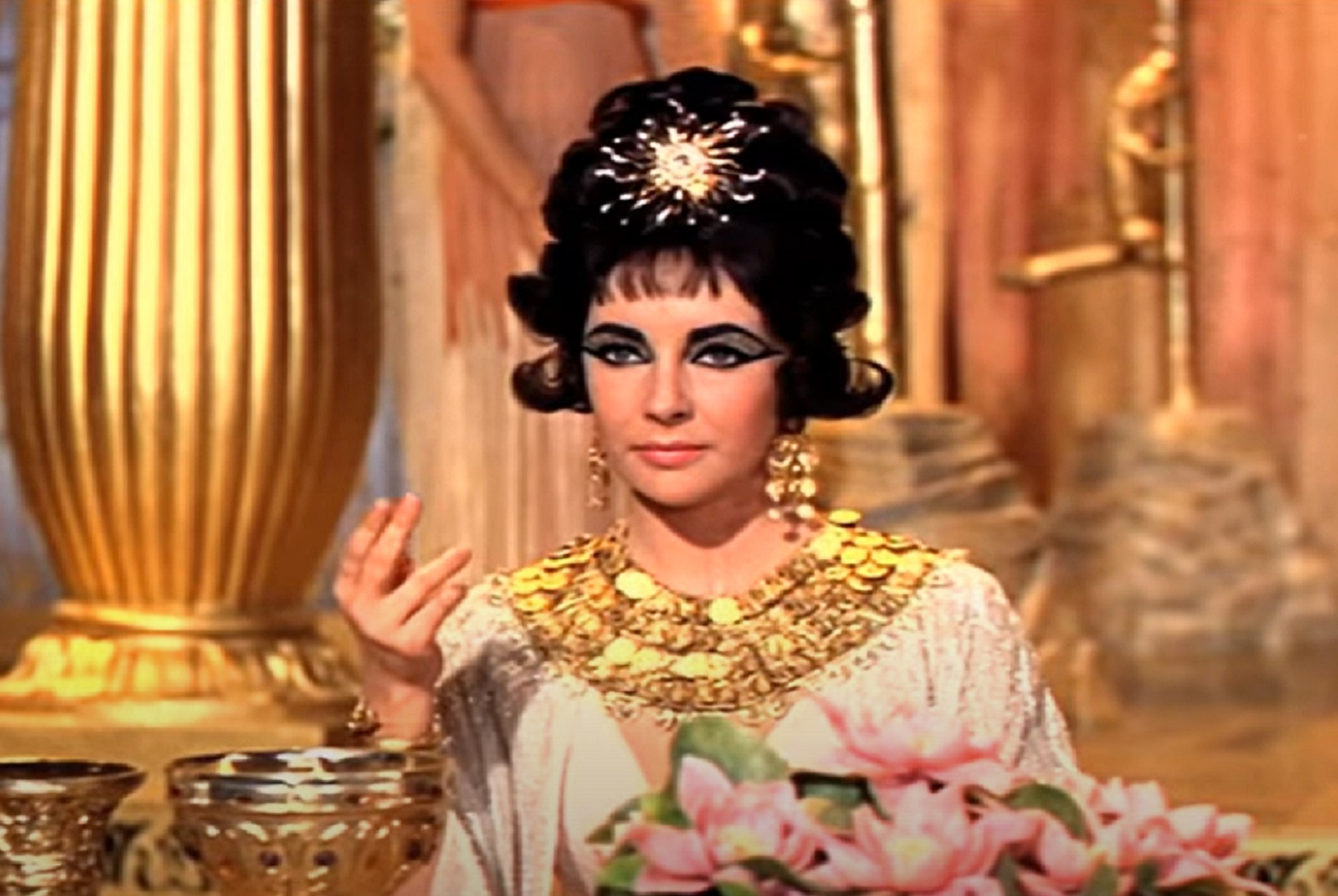 Twentieth Century Fox, Cleopatra (1963)
Twentieth Century Fox, Cleopatra (1963)
Cleopatra’s Reign Was Marked By Political Turmoil
From civil wars in Egypt to factional collapse in Rome, Cleopatra reigned amidst chaos. Her own siblings tried to unseat her, and rival dynasties nipped at Egypt’s borders. She inherited pressure. But she still rose above it all.
 Ancient Empires: Cleopatra Evolves Into an Ruthless Monarch (Season 1) by History
Ancient Empires: Cleopatra Evolves Into an Ruthless Monarch (Season 1) by History
Cleopatra’s Reign Was Marked By Political Turmoil (Cont.)
She outlived her siblings, dodged assassins, turned global tensions into opportunities, amongst other things. Rome’s instability offered leverage but also risk. Moving through that storm required precision, not just courage. Turbulence was her constant companion, but she wore it like silk.
 Ancient Empires: Cleopatra Evolves Into an Ruthless Monarch (Season 1) by History
Ancient Empires: Cleopatra Evolves Into an Ruthless Monarch (Season 1) by History
Her Story Continues To Evolve With New Interpretations
Cleopatra’s legacy was dynamic. As new evidence surfaces and culture shifts, scholars reframe her story. Each retelling peels back propaganda, revealing a woman shaped by brilliance, not just beauty. History is never a final draft; it’s a revision.
 Ancient Empires: Cleopatra's Crucial Bond With Mark Antony | Exclusive by History
Ancient Empires: Cleopatra's Crucial Bond With Mark Antony | Exclusive by History
Her Story Continues To Evolve With New Interpretations (Cont.)
Modern historians highlight her policies, intellect, political smarts, and vision. As perspectives diversify, so do portrayals. What once seemed fixed now feels fluid. That’s fitting for Cleopatra, a queen who rewrote the rules in her time and whose legend we still rewrite today.
 Ancient Empires: Cleopatra Evolves Into an Ruthless Monarch (Season 1) by History
Ancient Empires: Cleopatra Evolves Into an Ruthless Monarch (Season 1) by History
Cleopatra Was A Competent Naval Commander
This lady donned flowing robes, but she was also a naval commander and the most capable leader Egypt had seen in centuries. While many remember her palace events, she also commanded a powerful fleet controlling vital ports and warships.
 Ancient Empires: Cleopatra Evolves Into an Ruthless Monarch (Season 1) by History
Ancient Empires: Cleopatra Evolves Into an Ruthless Monarch (Season 1) by History
Cleopatra Was A Competent Naval Commander (Cont.)
During her alliance with Mark Antony, Cleopatra’s navy took center stage at the Battle of Actium in 31 BCE. Though the battle ended in defeat, her ships played a key role, delaying Rome’s dominance. Cleopatra was strategizing on open waters, fighting for Egypt’s future.
 Ancient Empires: Cleopatra's Crucial Bond With Mark Antony | Exclusive by HISTORY
Ancient Empires: Cleopatra's Crucial Bond With Mark Antony | Exclusive by HISTORY
Cleopatra Liked Poison Experiments
Cleopatra’s curiosity had a dark scientific streak. Ancient papyri suggest she conducted poison experiments on condemned prisoners and observed their effects firsthand. This chilling practice points to her deep knowledge of toxins and her fascination with the fine line between life and death.
Cleopatra Liked Poison Experiments (Cont.)
All this knowledge might have been to give herself a painless exit. A mix of hemlock, opium, and wolfsbane could’ve delivered a swift, painless end. With her expertise, she may have orchestrated her final act with precision, choosing death on her terms, not Rome’s.
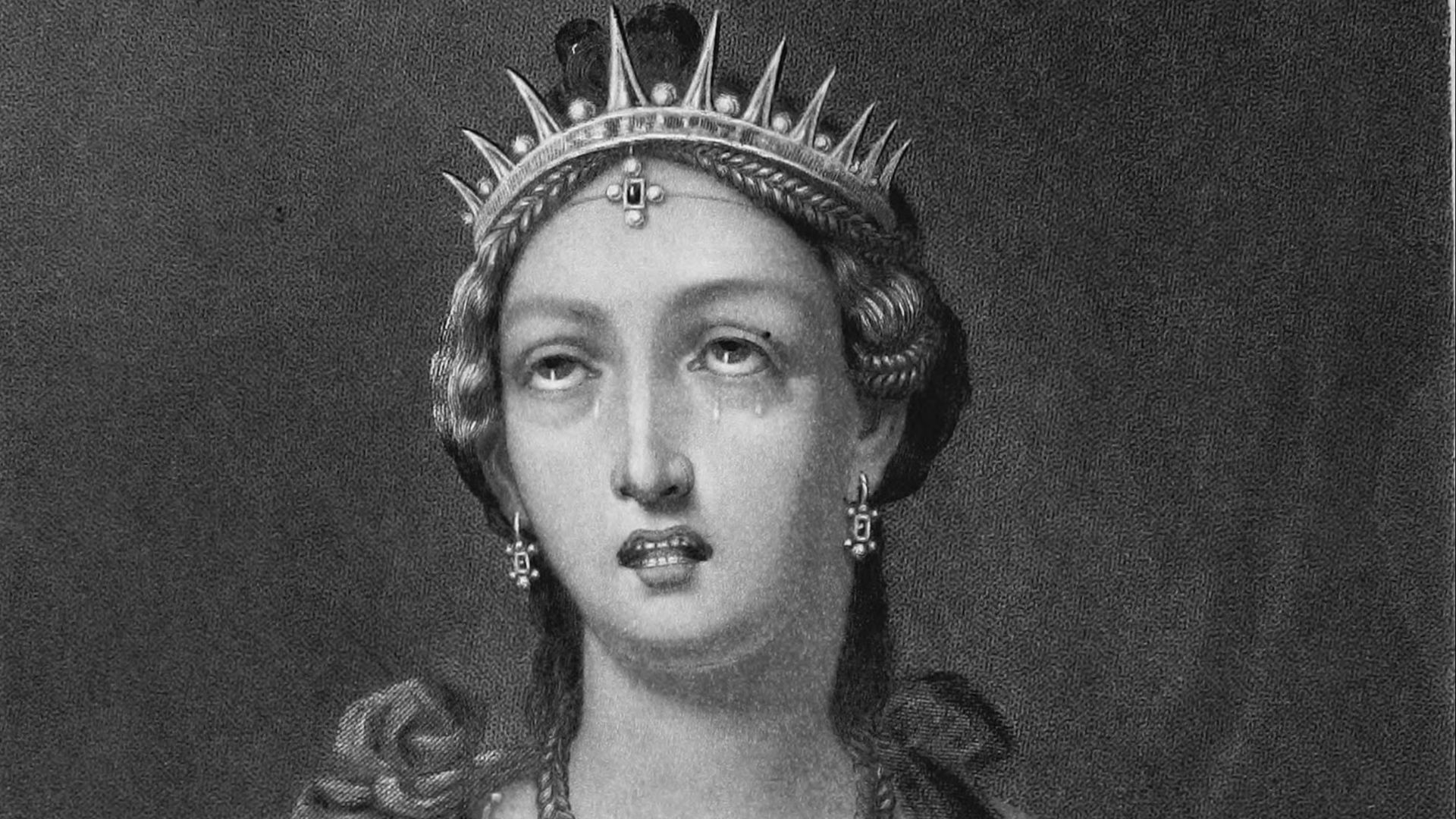 John Sartain, Wikimedia Commons
John Sartain, Wikimedia Commons
She May Have Used Perfume As A Political Weapon
Cleopatra always made an impression. Legend says she had her ship’s sails soaked in perfume so that Mark Antony would smell her arrival before he saw it. The scent drifted to shore, turning heads and commanding attention. It wasn’t just theatrics—it was calculated, aromatic diplomacy.
 Ancient Empires: Cleopatra Evolves Into an Ruthless Monarch (Season 1) by HISTORY
Ancient Empires: Cleopatra Evolves Into an Ruthless Monarch (Season 1) by HISTORY
She May Have Used Perfume As A Political Weapon (Cont.)
In Cleopatra’s Egypt, perfume was leverage. These rare scents were prized exports, and she reportedly gifted them to allies and rivals alike. It was a subtle psychological move: associating herself with seduction and wealth. With one breath, Cleopatra turned fragrance into political firepower.
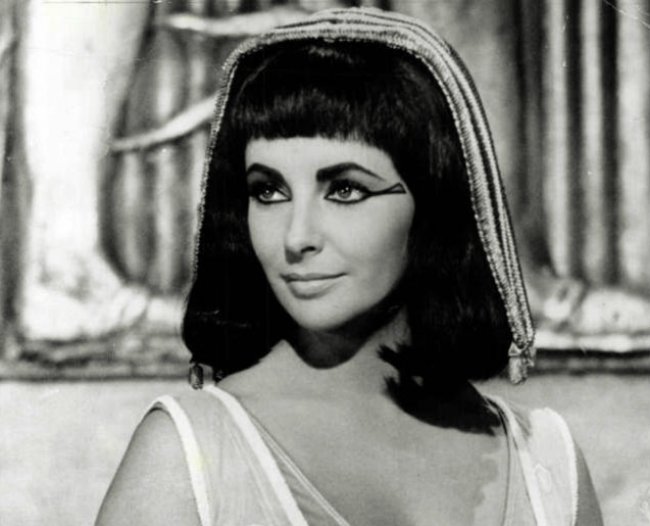 20th Century Studios, Wikimedia Commons
20th Century Studios, Wikimedia Commons



